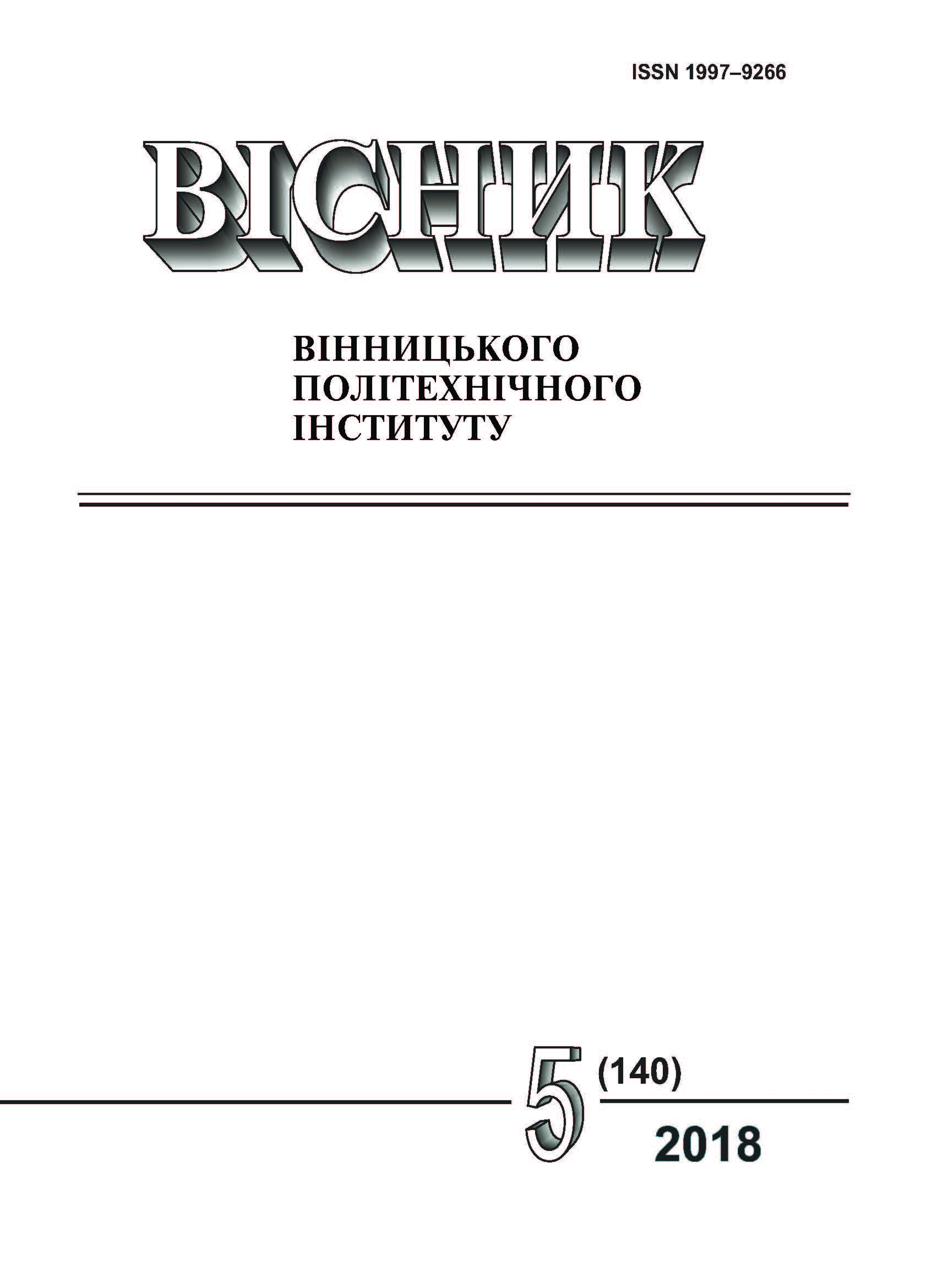Experimental Study of Dehydration of Solid Domestic Wastes with Screw Press
DOI:
https://doi.org/10.31649/1997-9266-2018-140-5-18-24Keywords:
experiment, planning experiment, screw press, dehydration, energy intensity, relative humidity, solid domestic wastesAbstract
The experimental study of the dehydration of solid domestic wastes by screw press is an actual scientific and technical task as one of the components for solving the problem of creating scientific and technical bases for the design of highly efficient working bodies of machines for the collection and primary processing of solid domestic wastes. The dehydration research of solid domestic wastes with screw press was conducted with the help of planning of the second order experiment. The regressive dependences of such indicators of the dehydration process as the final relative humidity and the density of solid domestic wastes, the maximum power of the drive motor and the energy intensity of dehydration from the main parameters of influence were obtained: initial relative humidity and density of solid domestic wastes, angular speed of screw, radial clearance between the screw and housing, the core diameter of the screw is on the last turn. The surfaces of responses to the target function are constructed — the energy intensity of dehydration of solid domestic wastes and their two-dimensional cross sections in the planes of optimization parameters. Parametric optimization of the dehydration process of solid domestic wastes by the criterion of its minimum energy intensity is carried out. It is determined that the minimum energy intensity of dehydration of mixed solid domestic wastes is 172,3...306,3 kWh/t for the optimal values of the parameters of the technological process of dehydration: angular speed of screw 51,84...54,73 rpm; the ratio of the radial clearance between the screw and the body to the outer diameter of the screw on the last turn (7,10...8,71)·10–3; the ratio of the core diameter of the screw to its outer diameter at the last turn of 0,710...0,765, and for the wet fraction of solid domestic wastes, the minimum energy intensity of dehydration is 30,7...158,5 kWh/t for optimal values: angular speed of screw 36,91...47,20 rpm; the ratio of the radial clearance between the screw and the body to the outer diameter of the screw on the last turn (5,45...10,45)·10–3; the ratio of the core diameter of the screw to its outer diameter at the last turn of 0,740...0,757.
Downloads
-
PDF (Українська)
Downloads: 204
Published
How to Cite
Issue
Section
License
Authors who publish with this journal agree to the following terms:
- Authors retain copyright and grant the journal right of first publication.
- Authors are able to enter into separate, additional contractual arrangements for the non-exclusive distribution of the journal's published version of the work (e.g., post it to an institutional repository or publish it in a book), with an acknowledgment of its initial publication in this journal.
- Authors are permitted and encouraged to post their work online (e.g., in institutional repositories or on their website) prior to and during the submission process, as it can lead to productive exchanges, as well as earlier and greater citation of published work (See The Effect of Open Access).





